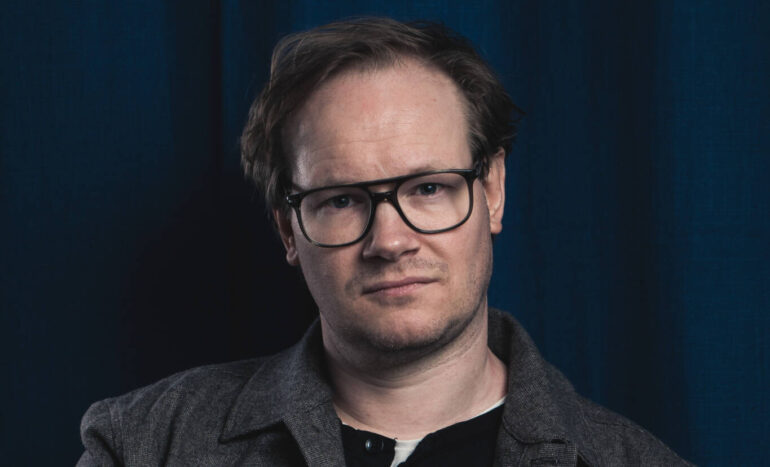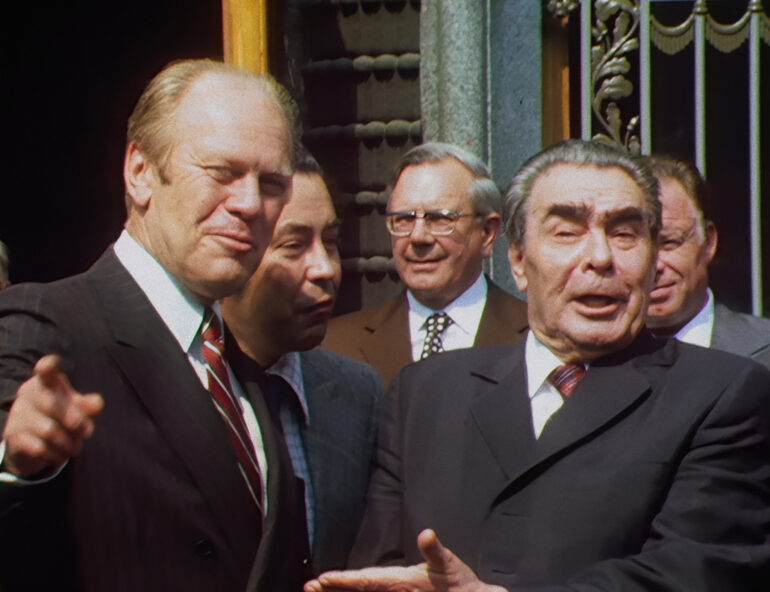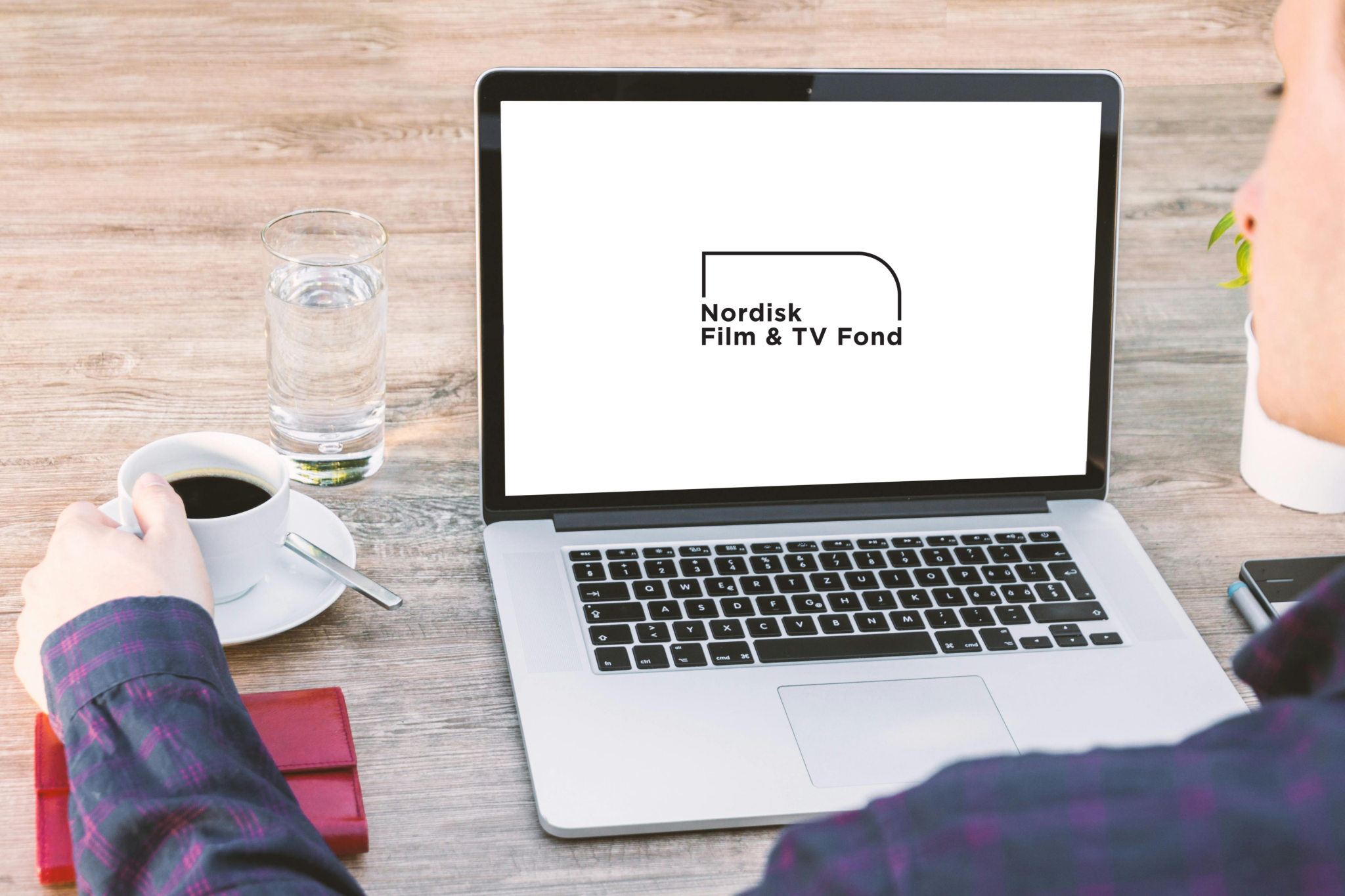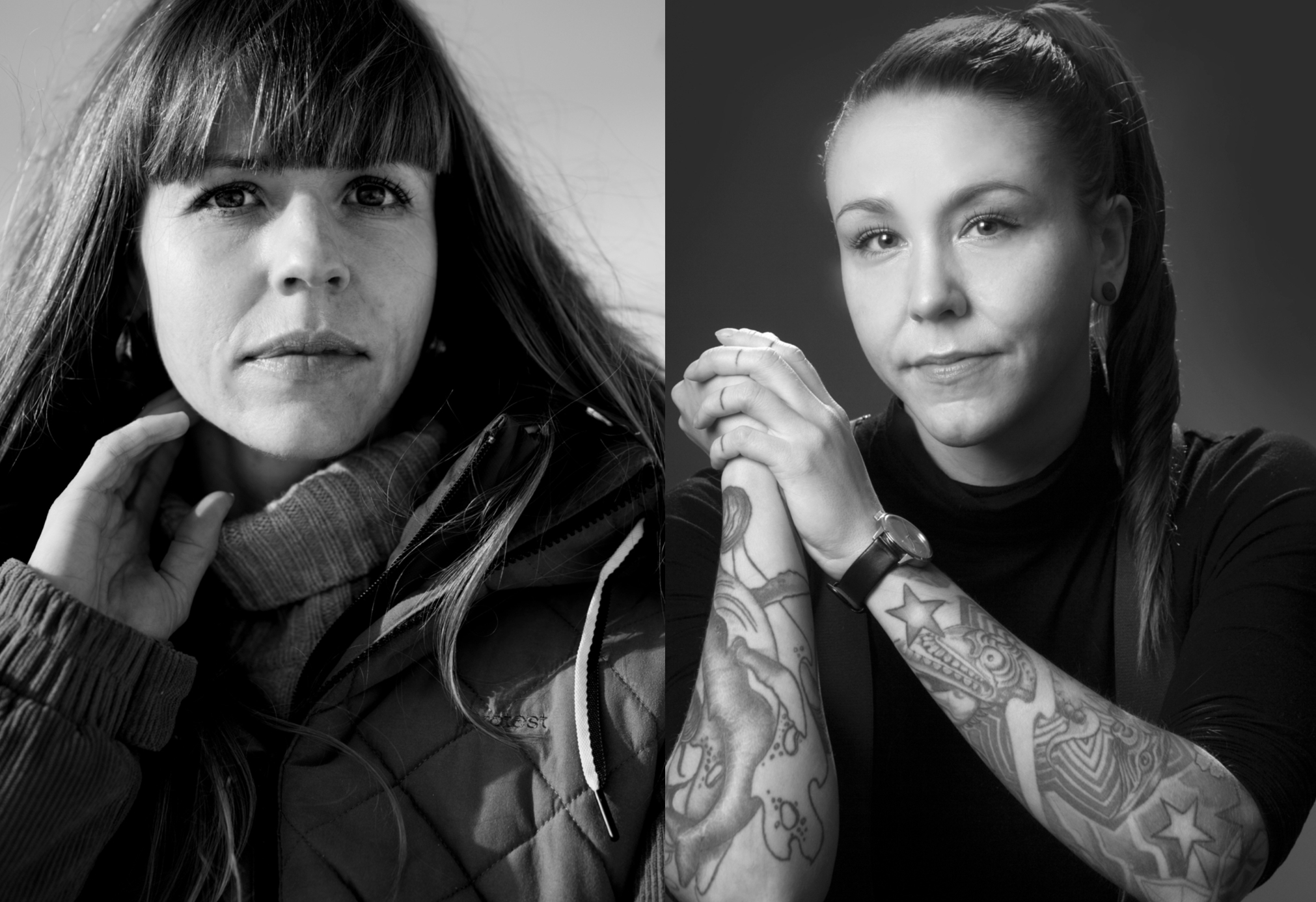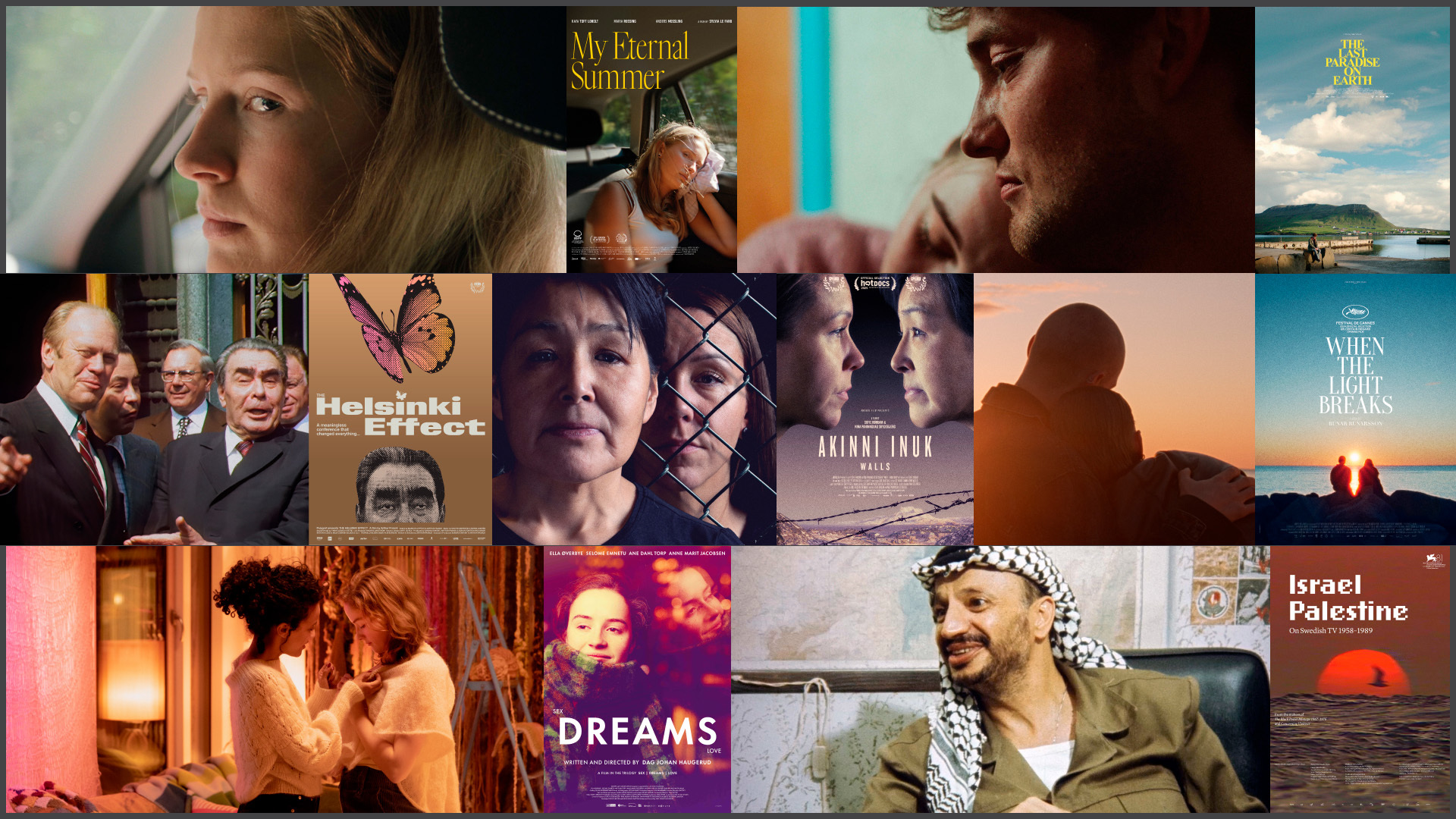
WRITTEN BY: Lina Nystrand
When making The Helsinki Effect, director Arthur Franck learned how funny world leaders can be behind closed doors and how slow diplomacy turns into the strongest weapon.
The Finnish director Arthur Franck and the producers Sandra Enkvist and Oskar Forstén are nominated by the Finnish jury for the Nordic Council Film Prize 2025 for their documentary The Helsinki Effect.
The Helsinki Effect takes us back to the summer of 1975, when world leaders from East and West met in Helsinki to discuss security and cooperation during the Cold War. Through hundreds of hours of archival footage and newly declassified transcripts of high-level conversations, director Arthur Franck uncovers how the Helsinki conference came to have a profound impact on the world – and how it resonates in today's troubled world, 50 years later.
Arthur Franck graduated with a Bachelor of Arts from Arcada University of Applied Sciences in Helsinki, and has since then been making documentary films. His previous work includes Rogue reporters (Pesänlikaajat - erään kirjakohun anatomia, 2021), The Truth according to Hassan (Sanningen enligt Hassan, 2021), and The Hypnotist (Olliver Hawk, 2019). The Helsinki Effect is produced by Polygraf.
In this dialogue series we interview the directors of the seven nominated films. CLICK HERE to see all the nominees.
Arthur Franck, what was your first impulse to make this film, and why is the topic important to you?
I had not imagined ever making a film about diplomacy. In the autumn of 2021 I began looking for ideas for a new film. I wanted to explore the concept of making a film without a single day of shooting, so only through archives. And in terms of TV footage, the most covered event in Finnish history that I could think of was the final stage of The Conference for Security and Co-operation in Europe, held in Helsinki in the summer of 1975. The thought of making a film about the CSCE seemed so immensely boring that I kind of felt it could be an interesting challenge. And it was. What happened was that I through my research stumbled upon a quite beautiful story about the art of slow diplomacy – a story I felt compelled to tell.
How did you select the material to use?
The archival footage of the conference at The Finnish Broadcasting Company (Yle) forms the spine of the film, together with the declassified transcripts from the US State Department. I watched all the footage that was available in Finland, read a few books through which I found references to the transcripts, then read all the relevant transcripts, and structured the story around them. I was surprised that the transcripts even existed, and how I could read – word for word – what was said between US and Soviet leaders when they met. This allowed me to present what happened on the surface (the footage), as well as behind closed doors (the transcripts). Balancing the tension between these two levels was a huge inspiration, and was instrumental for the shape of the film. We also complemented the story with archives from USA, Germany, Serbia, and a few additional countries.
How do you create a script for a documentary totally based on archival material?
Plenty of trial and error. Together with my co-editor we went back and forth on how to work out the structure, first on paper, then by validating it on the timeline, and then back to the script. It was a bit chaotic, but I think it worked out pretty well in the end. The “script” was, as in many documentaries, a living organism that changed constantly as the editing progressed.
The tone of the film is surprisingly humouristic. How did you find this tone?
My goal was to make a film about a seemingly boring topic that was entertaining, surprising, and even funny. The film approaches the story with a dry satirical humour, it just felt like the right way to handle the characters and the many twists and turns of this story. The decision to make the film as a voiceover-driven essay documentary also made it possible to emphasise certain humanistic aspects of the story and create the tone. The final touch was creating a storytelling device where I communicate directly with the two main characters Kissinger and Brezhnev, through fictional, but fact-based phone calls.
It’s 50 years since the conference. What is the documentary’s connection to the worrying state of the world today?
Putin's war on Ukraine and President Trump's erratic foreign policy has changed everything. The rules-based world order is dying, and this potentially places Europe back in existential peril. These events certainly add a sense of timely relevance to the film, although I certainly wish it weren't so.
It is pointless to imagine that a copy-pasted Helsinki Process today would solve the world’s problems. But the film illustrates how we've been able to solve immensely complicated issues in the past - through diplomacy. And hopefully this story can serve as inspiration, and empower us to continue on the path of diplomacy.
What surprised you during the process? What did you personally learn from making the film?
I learned so much, both about filmmaking and about geopolitics. Maybe the most surprising thing was how funny world leaders can be when they meet behind closed doors. That was also something I wanted to emphasise in the storytelling.
How would you describe the current state of documentary film in Finland today?
A few days ago our government published their intention to slash the public film funding by 35%, on top of cuts to funding they’ve already made earlier on. So unless we can make them change their mind before these horrific cuts are implemented, things don’t look too good. The quality of the films that are made is of course very high, and they achieve praise and audiences wherever they travel – it just seems like the people in power don’t care. My film could never have been made without public funding. I hope the decision makers are able to grasp what the consequences of these cuts are for the art form and the industry.
Official Trailer:
CLICK HERE to read the jury's motivation for The Helsinki Effect.
All nominated films for the Nordic Council Film Prize 2025 can be watched during these upcoming events:
- 17.09-20.09 during Nuuk International Film Festival.
- 18.09-22.09 at Bíó Paradís in Iceland.
- 19.09-26.09 during Helsinki International Film Festival.
- 02.10-05.10 at Øst for Paradis during Aarhus Film Days.
